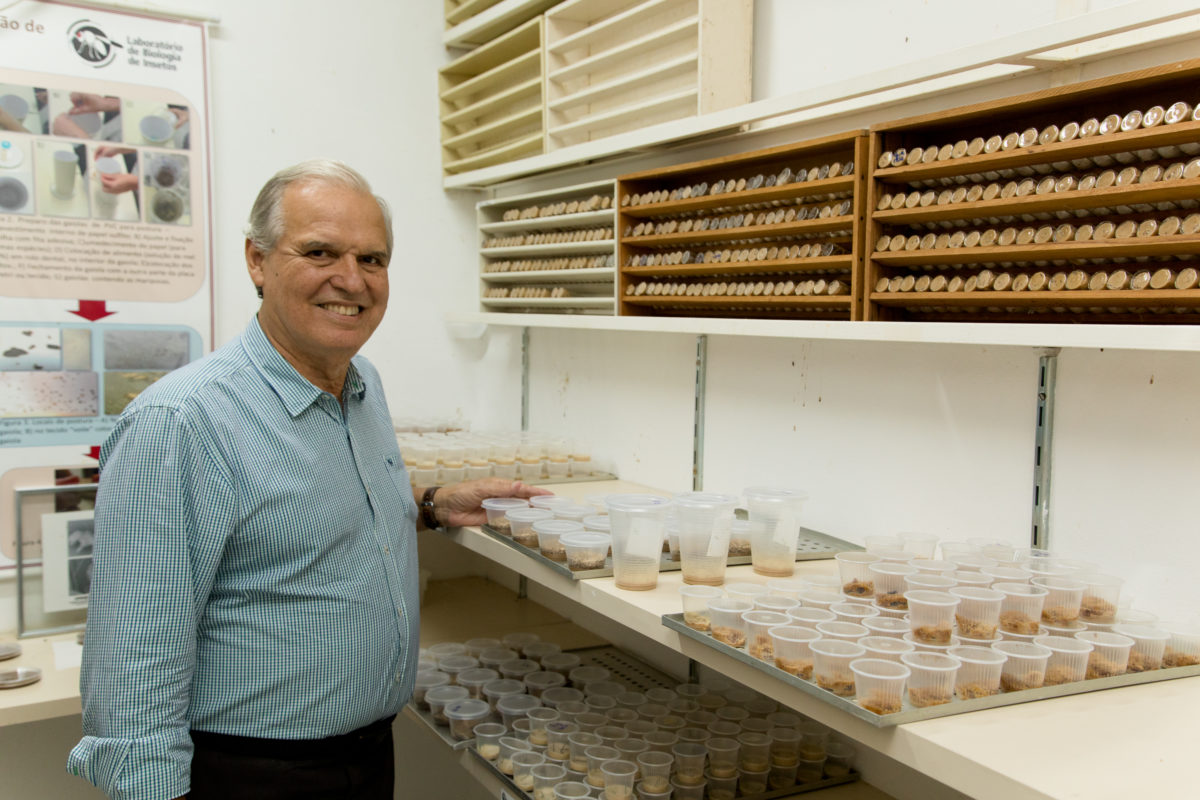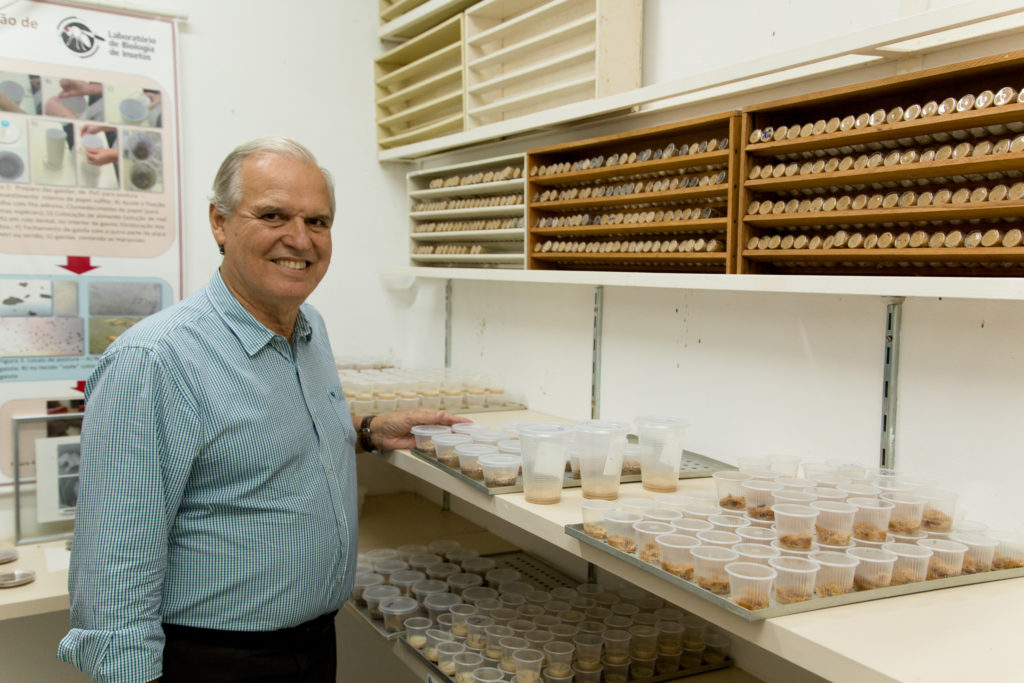
By José Roberto Postali Parra *
SPARCBio (São Paulo Advanced Research Center for Biological Control) is an advanced research center, unprecedented in the country, involving a company-university-government interaction, with the purpose of developing a model of biological control of pests and diseases for tropical regions. After the opening of a public call for research proposals by Fapesp (São Paulo State Research Support Foundation), the center was launched in February 2020.
Created from the partnership between Fapesp, “Luiz de Queiroz” Higher School of Agriculture (Esalq / USP) and Koppert Biological Systems, the world’s leading biological control company, the center’s mission is to develop research projects, products and technologies that result in the use and strengthening of biological control and integrated pest and disease management for the adoption of more sustainable agriculture in Brazil.
For 10 years, resources from the three mentioned partners will be invested, with Esalq, in Piracicaba (SP), hosting and coordinating the scientific activities of SPARCBio.
Such investments will expand inter and multidisciplinary research in the area of bio-inputs, nationally and internationally, generating products and technologies aimed at an increasingly modern agriculture.
The project has the challenge of changing the “culture” of Brazilian rural producers, showing the competitiveness of biological control in comparison with agrochemicals. This paradigm shift is one of SPARCBio’s priority goals and will only be possible through education and the dissemination of knowledge to promote greater acceptance of biologicals.

The center’s team of researchers develops projects in five lines of research: prospecting for new biological control agents and their geographic distribution; production and automation processes of beneficial macro and microorganisms; new formulations of microorganisms (fungi, bacteria, viruses, secondary metabolites, among others); assessment of risks and benefits of biological control; and strategies for using biological and semiochemical control (such as pheromones, for example) in Integrated Pest Management (IPM).
Through projects, SPARCBio is integrated with different Brazilian universities, such as UNESP (Universidade Estadual Paulista), UFSCar (Universidade Federal de São Carlos), UFV (Universidade Federal de Viçosa), UFLA (Universidade Federal de Lavras), UFPR (Universidade Federal do Paraná), UFES (Federal University of Espírito Santo), UEM (State University of Maringá) and internationals such as the University of California (Davis), the University of Minnesota and Illinois, in the USA, and the University of Copenhagen, in Denmark . There will also be cooperation from research institutions in Brazil, such as Embrapa. And abroad, with INRA Sophia Antipolis, in France and USDA ARS, in the USA.
The organization of the center has the participation of a director and a deputy director, an Executive Committee, with managers for education and technology transfer, alongside an International Advisory Board, in addition to a multidisciplinary team of 23 researchers. (five of them foreigners), highly qualified, who conducts activities in the aforementioned lines of research. These researchers are supported by Postdoctoral, Doctorate, Master and Scientific Initiation fellows, totaling between 60 and 70 people involved in the development of technologies and products compatible with a biological control model for tropical regions.
The partnership brings benefits to all involved and, mainly, to society. The university will gain from royalties and the company from the development of technology and new products. Thus, Brazil will stop being a user of external technology to be a generator and disseminator of biological products.
As the growth in the use of biological control in Brazil is higher than 10-15% per year, in comparison with the rest of the world, it is expected that this center can contribute to leveraging the sustainability of Brazilian agriculture.
* José Roberto Postali Parra is an agronomist, master and doctor in Entomology, professor in the Department of Entomology and Acarology at Esalq / USP and director of SPARCBio **
** SPARCBio is the acronym in English for the Center for Advanced Research in Biological Control of São Paulo